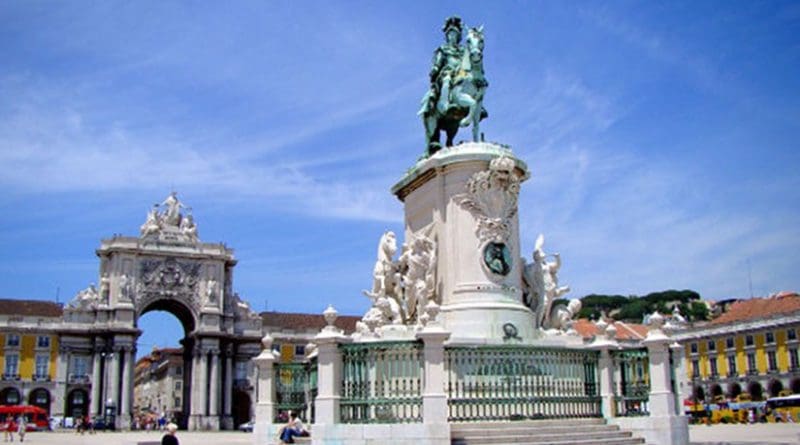Portugal Seeks Bailout Amid Political Crisis
By EurActiv
Portugal’s caretaker government said yesterday (6 April) it had decided to seek financing from the European Union, in an abrupt turnaround after resisting a bailout for months despite sharply deteriorating financial conditions.
The nation of 10.5 million became the third member of the euro zone to seek a rescue after Greece and Ireland after months of fending off market pressure to request assistance, as borrowing costs soared amid deepening political instability.
Portuguese Prime Minister José Socrates said in a televised statement that parliament’s rejection of additional austerity measures last month had aggravated the financial situation, ultimately making the request for aid “inevitable”.
“I tried everything, but in conscience we have reached a moment when not taking this decision would imply risks that the country should not take,” he said.
Socrates cited no figure but a eurozone official estimated Lisbon is likely to need between 60 and 80 billion euros in European and International Monetary Fund loans over three years. Any assistance will be subject to strict conditionality.
The IMF said it had not received a request from Portugal for financial assistance but it stood ready to help. EU paymaster Germany insists on IMF involvement as a condition for bailouts.
European Commission President José Manuel Barroso said on Wednesday that Portugal’s request for aid would be dealt with as quickly as possible.
In a statement, he said he had assured Prime Minister Socrates that Lisbon’s request for activation of financial support mechanisms “will be processed in the swiftest possible manner, according to the rules applicable”.
Barroso also reaffirmed his “confidence in Portugal’s capacity to overcome the present difficulties, with the solidarity of its partners”.
Conditions still to be decided
A formal request still needs to be made but as soon as Portugal sends it, the Commission said it will dispatch a mission to Lisbon to determine the details of the programme, such as the interest rates and the conditions attached to the aid package.
Portugal’s position worsened when the minority Socialist government resigned on 23 March after the parliamentary defeat, casting the country into political limbo. An early general election is set for 5 June (see ‘Background’).
Bond yields spiked, ratings agencies downgraded sovereign and bank debt, and local banks warned this week they may no longer be able to buy government paper.
“In this difficult situation, which could have been avoided, I understand that it is necessary to resort to the financing mechanisms available within the European framework,” Finance Minister Fernando Teixeira dos Santos said.
Experts say Portugal’s negotiations for a loan from the European Union and International Monetary Fund could be more difficult than those of Greece and Ireland.
The Socialist caretaker government has said it has limited powers and parliament, which EU officials say would normally have to ratify any agreement before disbursal, is dissolved until the election.
The head of the centre-right Social Democrats, the main opposition party, said he supported the request for aid. But the party, in rejecting an austerity plan by the government last month, helped spark the crisis that led to it.

